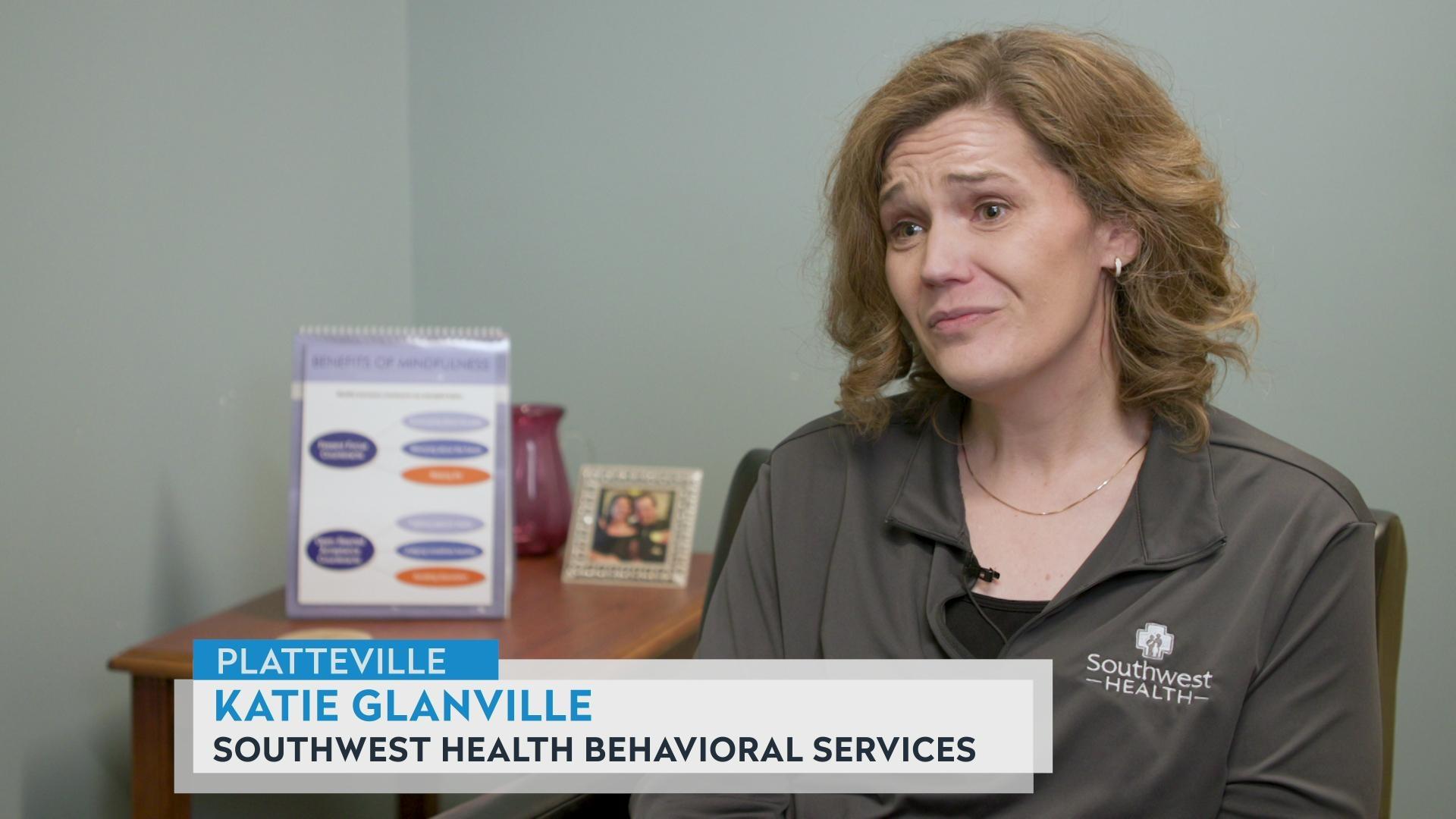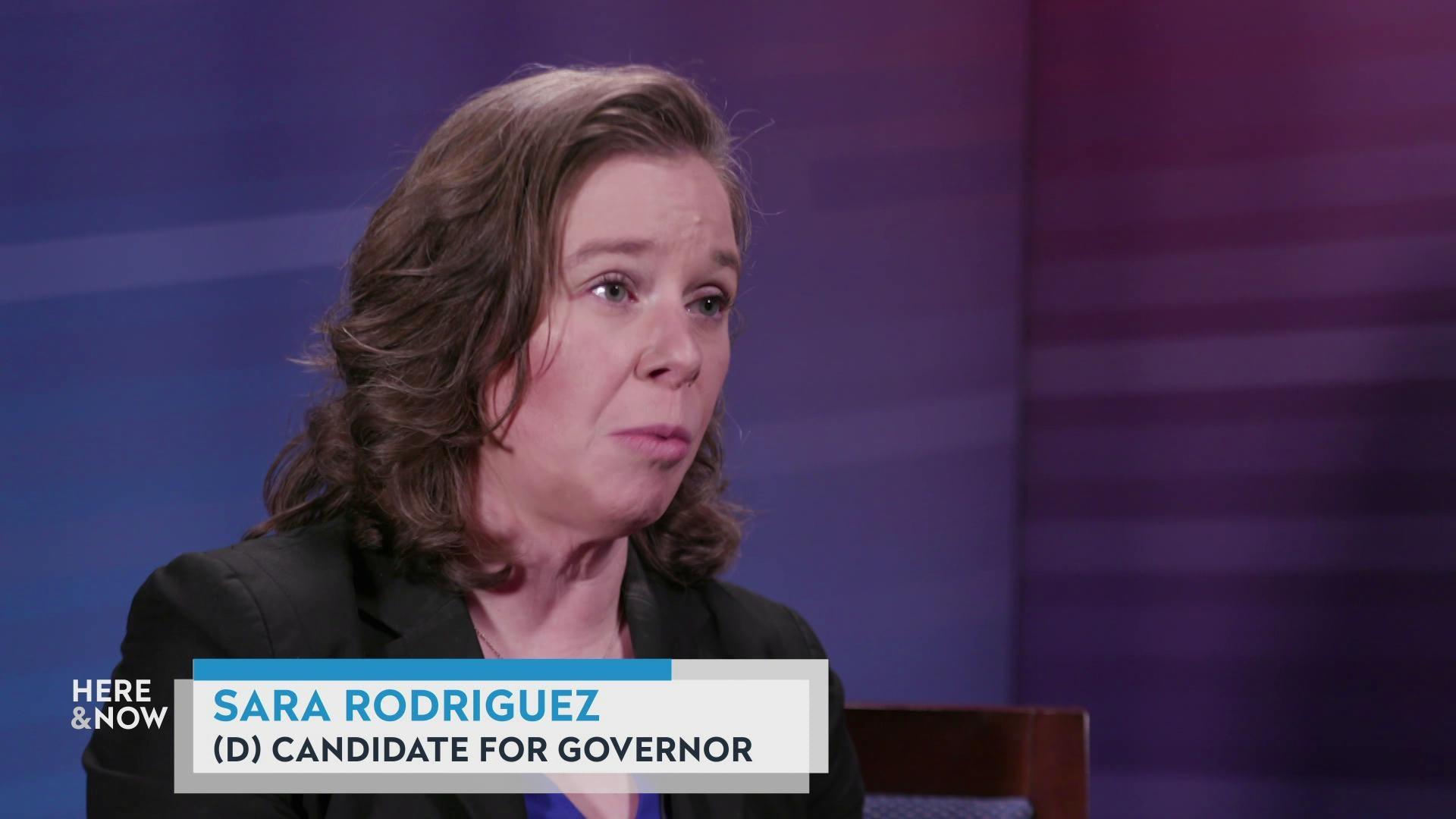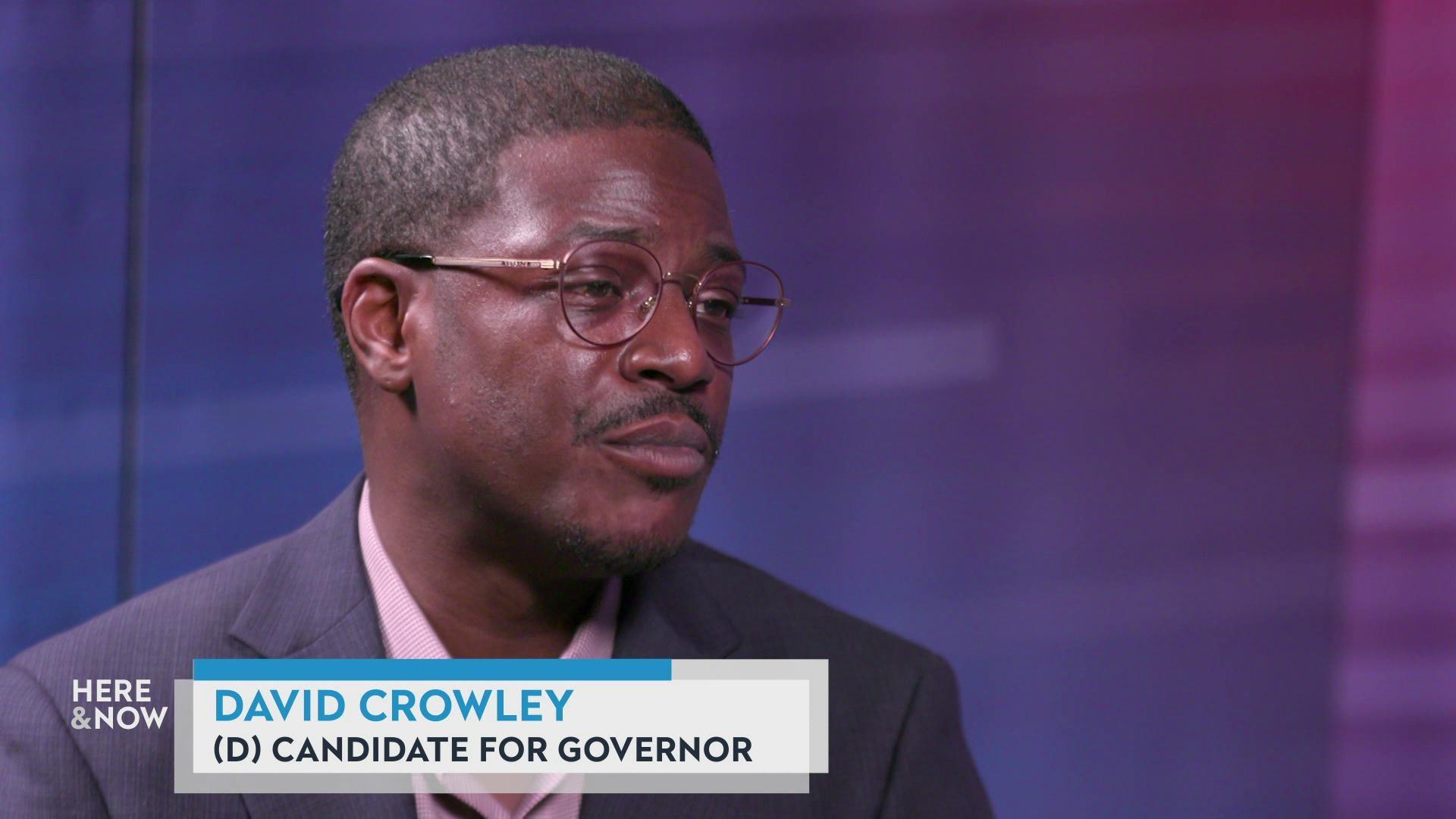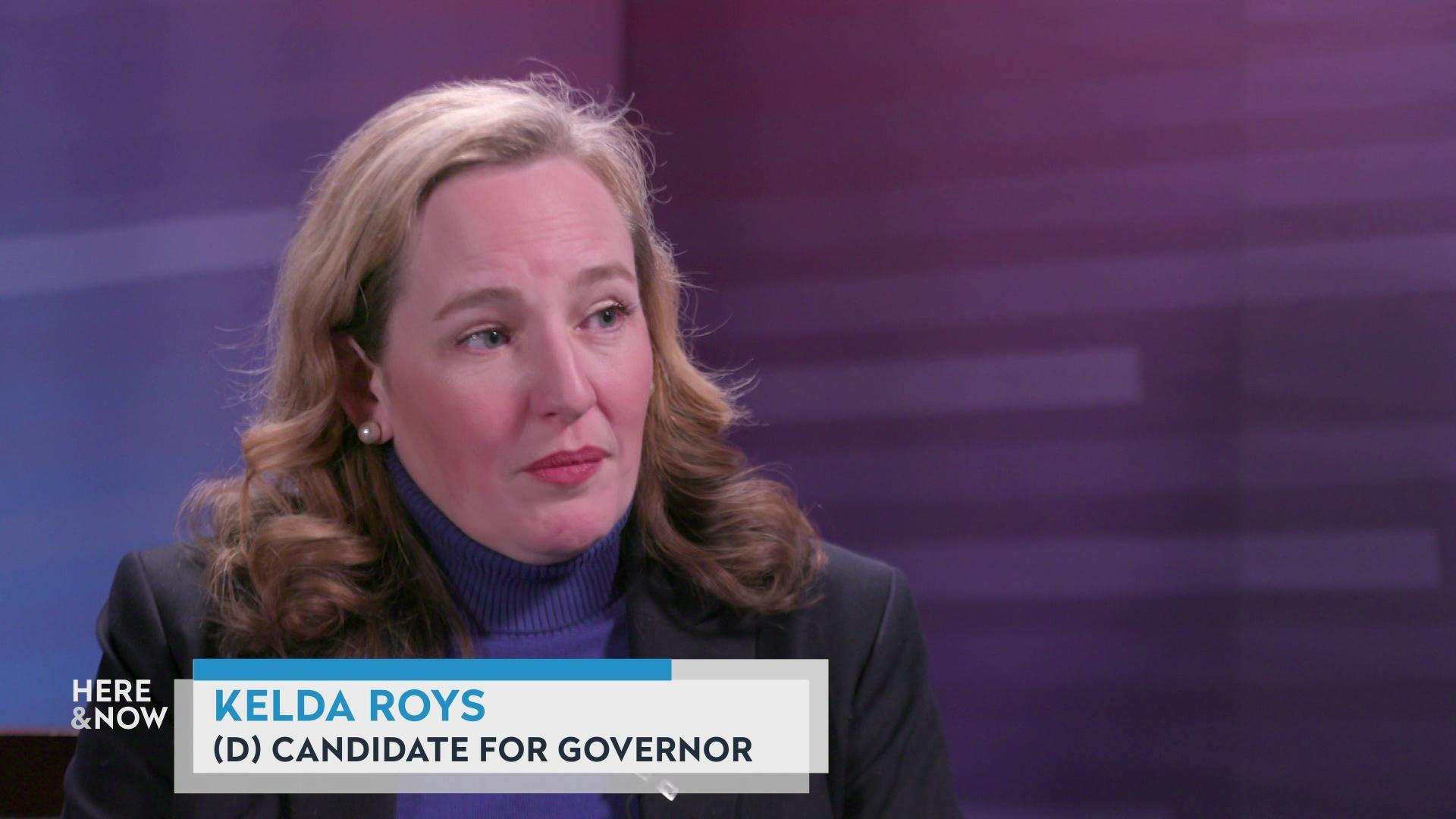Frederica Freyberg:
As we reported earlier, public testimony on the right-to-work bill took place Tuesday at the State Capitol. One of the organizations speaking in favor of the bill was Wisconsin Manufacturers and Commerce, the state’s largest business association. Vice-president Scott Manley testified in favor of the bill Tuesday. He joins us now. Thanks for doing so.
Scott Manley:
Thanks for having me.
Frederica Freyberg:
Well, so, what is it about right-to-work law that will attract businesses to come to Wisconsin?
Scott Manley:
Well, when you look at the experience of other states that have been right-to-work, we find some really compelling economic factors. For example, over the last ten years we have right-to-work states growing jobs twice as fast as non-right-to-work-states, growing wages twice as fast. And when we look at Indiana, which became right-to-work in 2012, they’ve grown 126,000 jobs just in that short period of time. So we think it’s about jobs and the economy.
Frederica Freyberg:
What is it about the law itself that businesses like?
Scott Manley:
It gives them more flexibility in terms of how they deal with their work force. And when you give individual workers the choice of whether or not they want to be part of a union, to pay union dues, and be represented union– by a union, that liberates them to make their own economic decisions, including in the workplace, and negotiating with their employers.
Frederica Freyberg:
Now, one of the economists that testified at the public hearing, as you well know, in opposition to right-to-work said, “It’s not surprising that the impact of right-to-work is to lower wages because,” he said, “that’s the point.” Now, you obviously disagree with that. You just told us you do. But why would right-to-work be attractive to employers unless it reduced wages and benefits?
Scott Manley:
Well, because, as I said, they get flexibility. But that professor has actually been proved wrong by history. This is the same fellow who said Indiana and Michigan will have lower wages if they pass right-to-work. Well, in 2012 they passed right-to-work and wages have gone up, not down. So they’re just plain wrong.
Frederica Freyberg:
How do wages go up?
Scott Manley:
Well, it’s based on the market. And in right-to-work states, keep in mind, they’re growing jobs twice as fast. When you have more jobs available and the same number of employees, that creates higher demand for employees. And when you have higher demand for employees, those employees can command a higher wage.
Frederica Freyberg:
Now, clearly not requiring people to pay dues to a union erodes the union. How do unions hurt businesses? Is that all about the flexibility piece, of which you speak?
Scott Manley:
Well, it’s not about hurting unions. I mean, look at Indiana, for example. In one year, since enacting right-to-work, between 2013 and 2014, they actually grew 50,000 new union jobs. So, you know, I think a lot of people assume that right-to-work automatically results in a bad outcome for unions. That just hasn’t been the case.
Frederica Freyberg:
Now, on the training role that unions have, will the businesses themselves end up picking that up as opposed to taxpayers?
Scott Manley:
Absolutely. And businesses — you know, keep in mind that only 8% of our private sector work force is union. And I would submit to you that it isn’t just that 8% that’s trained. Everybody’s trained. And employers pay for training because they need to. It is in their best interest to have skilled, well-trained employees, and they’ll continue to pay for their employees to be trained.
Frederica Freyberg:
And yet the unions say that they’re providing that training. They’re taking money from their paycheck, the employer’s paycheck, to provide that training.
Scott Manley:
And they can do that today, and they can do that with right-to-work. What doesn’t pay for union training today is dues. So if there’s a loss of union dues revenue because some workers decide it’s not a good value and they don’t want to pay dues, that will not affect funding for training.
Frederica Freyberg:
All right. Scott Manley, thanks very much.
Scott Manley:
Thanks for having me.
Search Episodes

Donate to sign up. Activate and sign in to Passport. It's that easy to help PBS Wisconsin serve your community through media that educates, inspires, and entertains.
Make your membership gift today
Only for new users: Activate Passport using your code or email address
Already a member?
Look up my account
Need some help? Go to FAQ or visit PBS Passport Help
Need help accessing PBS Wisconsin anywhere?

Online Access | Platform & Device Access | Cable or Satellite Access | Over-The-Air Access
Visit Access Guide
Need help accessing PBS Wisconsin anywhere?

Visit Our
Live TV Access Guide
Online AccessPlatform & Device Access
Cable or Satellite Access
Over-The-Air Access
Visit Access Guide
 Passport
Passport


















Follow Us